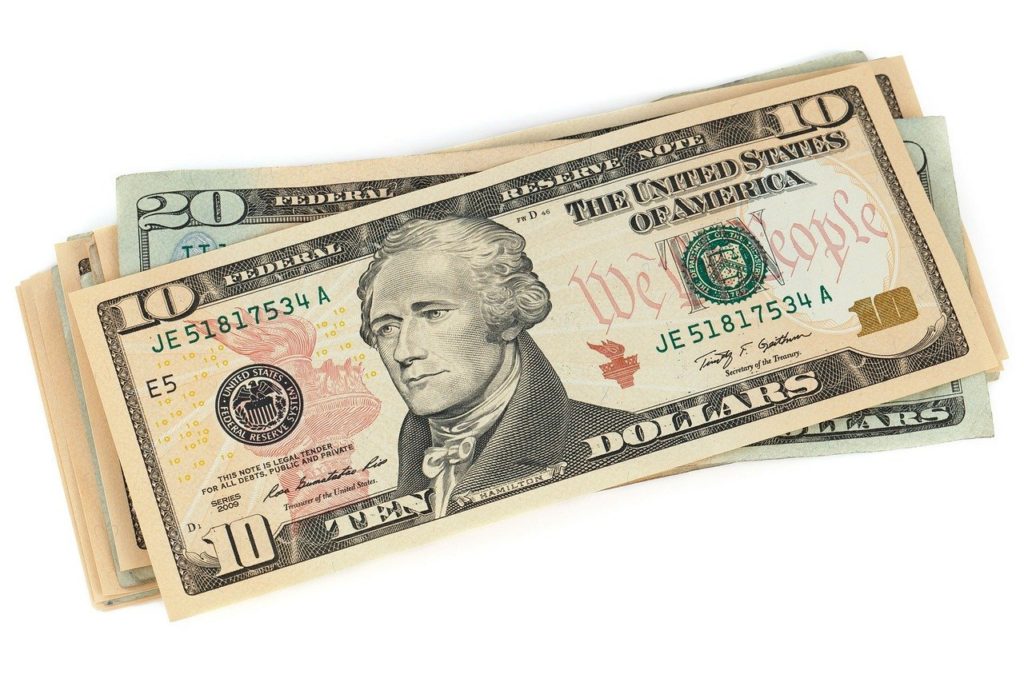
The Niagara River flows normally for miles like many rivers. However, as the water approaches Niagara Falls it proceeds though a series of rapids; gains speed and the soars majestically off Niagara Falls to the basin below. From there the water continues its normal flow to the St. Lawrence River and its mist, on sunny days, produces beautiful rainbows.
Business is much like the water spilling over Niagara Falls. To experience the rush of exhilaration; see rainbows and experience tranquility in the future we should be willing to endure the turbulence that creates energy.
The result of this process at Niagara Falls is a natural wonder that attracts millions of visitors annually. The results for those who create energy within careers and companies is no less powerful. Think about it: All the great innovations that have advanced humankind were created by people with energy enough to put thoughts into action.
How to Create Energy
Have you ever noticed how an office, warehouse or restaurant etc. feels different when it’s busy? What you’re feeling is energy. Kinetic energy is created through motion. As you put ideas into motion, you are creating energy. Take action and you’ll create energy every time. Create energy and you’ll move forward and reach goals faster.
Anyone can create energy as the only prerequisite is a willingness to take action. Start small by focusing on topics within your span of control and you’ll feel the energy generating. Start with something simple, but start. You’ll feel better and your career/business will move forward.
Of course, it’s difficult to generate enthusiasm when a business has been forced to shut-down, or a career has been negatively affected by COVID-19. But what choice do we have? The river has changed. Society has changed. Our economy will recover, but things will be different going forward…..and that’s OK. Let’s change with the circumstances. If we evolve, learn, and grow during this difficult time–perhaps we’ll be more prosperous when we next step into the river of commerce.
(c) Copyright 2020. All Rights Reserved.


Social Media
Linkedin